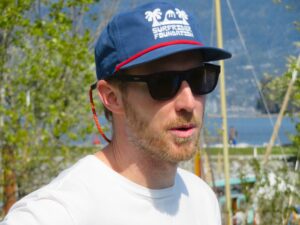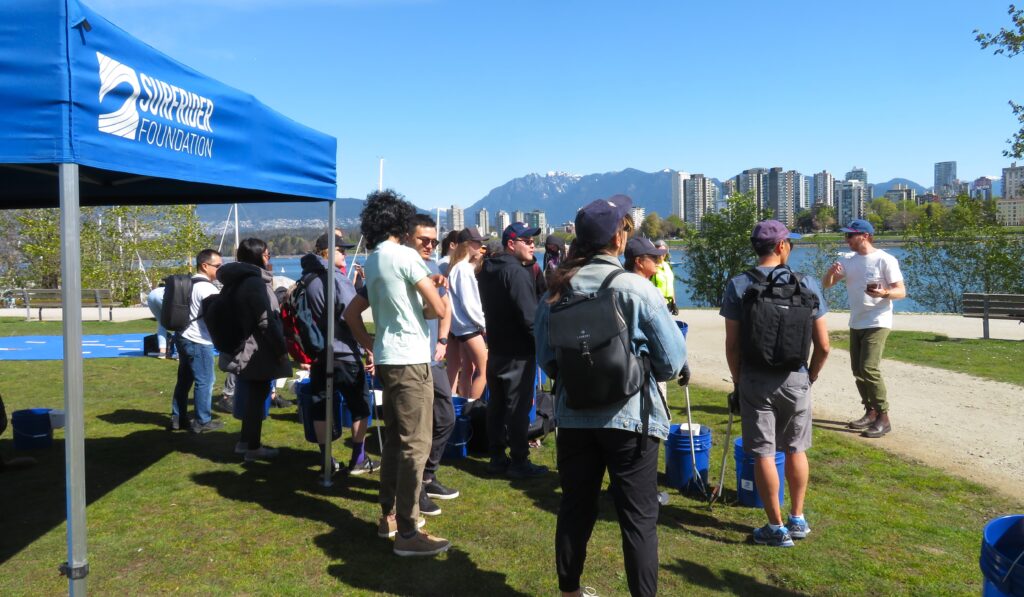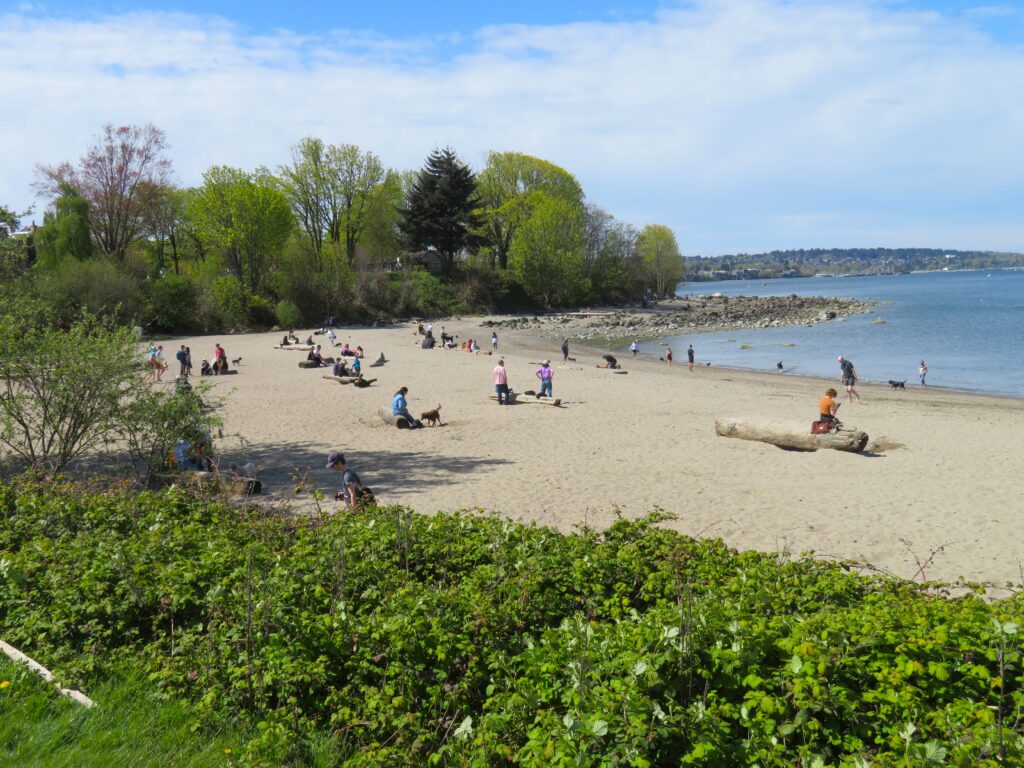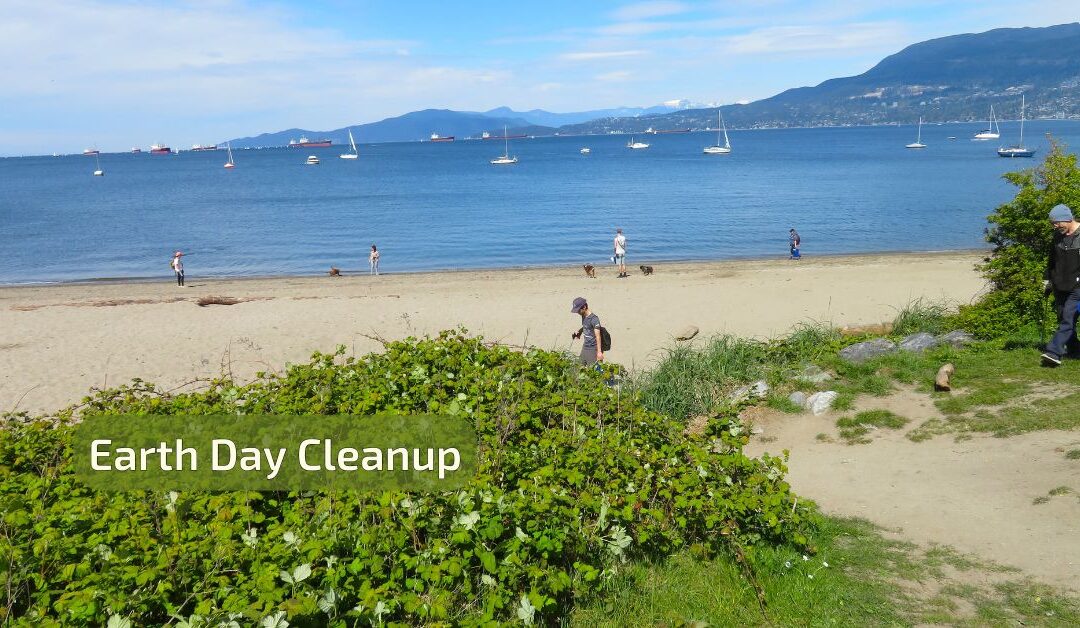by Bill Stovin
Volunteers with Surfrider Foundation are sometimes surprised by the kind of debris they find on beaches and shoreline of British Columbia.
“Just last month we had a cleanup in False Creek. I pulled two whole computer monitors out of the ocean in two feet of water,” says Johnny Rodgers, chair of the Vancouver chapter of the organization.

Johnny Rodgers, chair, Surfrider Canada, Vancouver chapter
Surfrider members conduct 9 to 10 cleanups a year with the most recent one on April 20 at Hadden Beach, an off-leash dog beach, and Teatotaler Beach, both near the Maritime Museum in Vancouver.
Volunteers mostly find small things such as plastic, lots of it; fishing gear, lures and lines; and Styrofoam from floating docks and buoys which breaks down into tiny particles making it difficult to remove from the ocean. But the number one thing collected by quantity is cigarette butts according to Rodgers.
“Almost a half million cigarette butts are littered in Vancouver every day, a lot of them end up on shorelines because they come down from the storm water overflow.”
Ocean Wise, the global conservation organization, reports over 35,000 people across Canada and the U.S. participated in shoreline cleanups last year. Those efforts collected over 8,000 kilograms of waste that would have otherwise ended up in ocean waters damaging marine eco-systems and animals.
“There is lots of appetite for this kind of activity. It’s a really practical hands-on way to feel like you’re actually making a difference where you live and play,” adds Rodgers.

Surfrider volunteers
However, a growing challenge here and around the world is plastic pollution. An estimated 11 million tons of plastic ends up in the ocean every year and that yearly amount is projected to triple by 2040.
For Rodgers, beach cleanups are an end-of-the line solution, a worst-case scenario.
“You have an oil-based plastic. It’s barely used, disposed of improperly, then ends up in a natural eco-system where it causes damage and persists for a long time.”
That’s why Rodgers’ organization is advocating for changes in the way materials are used – eliminating single use plastics, moving to more reusable products and working on stronger environmental policies.
A delegation from Surfrider Canada is participating in the Intergovernmental Negotiating Committee (INC-4) in Ottawa where government representatives from 65 countries are working on a global treaty to regulate plastic pollution. The treaty is aimed at promoting sustainable plastic consumption and production as well as reducing plastic pollution in the marine environment.
Rodgers supports the goal of the international talks.
“To start targeting and eliminating the creation of types of plastics that are really long-lived, that are biologically disruptive and that are flooding our oceans and natural eco-systems with waste that really doesn’t go away.”
Surfrider Vancouver is hosting more beach cleanups this year including:
- Jericho Beach, 3-5 pm June 8
- Kitsilano Beach, 10-11:30 am July 13
- Third Beach, 10:00-11:30 am September 21
- Spanish Banks Beach, 10:00-11:30 am October 19
- English Bay Beach, 10:00-11:30 am December 14

Read articles on climate change, sustainability, education, and more from GTEC’s Communication & Media (formally GTEC Blog)!

